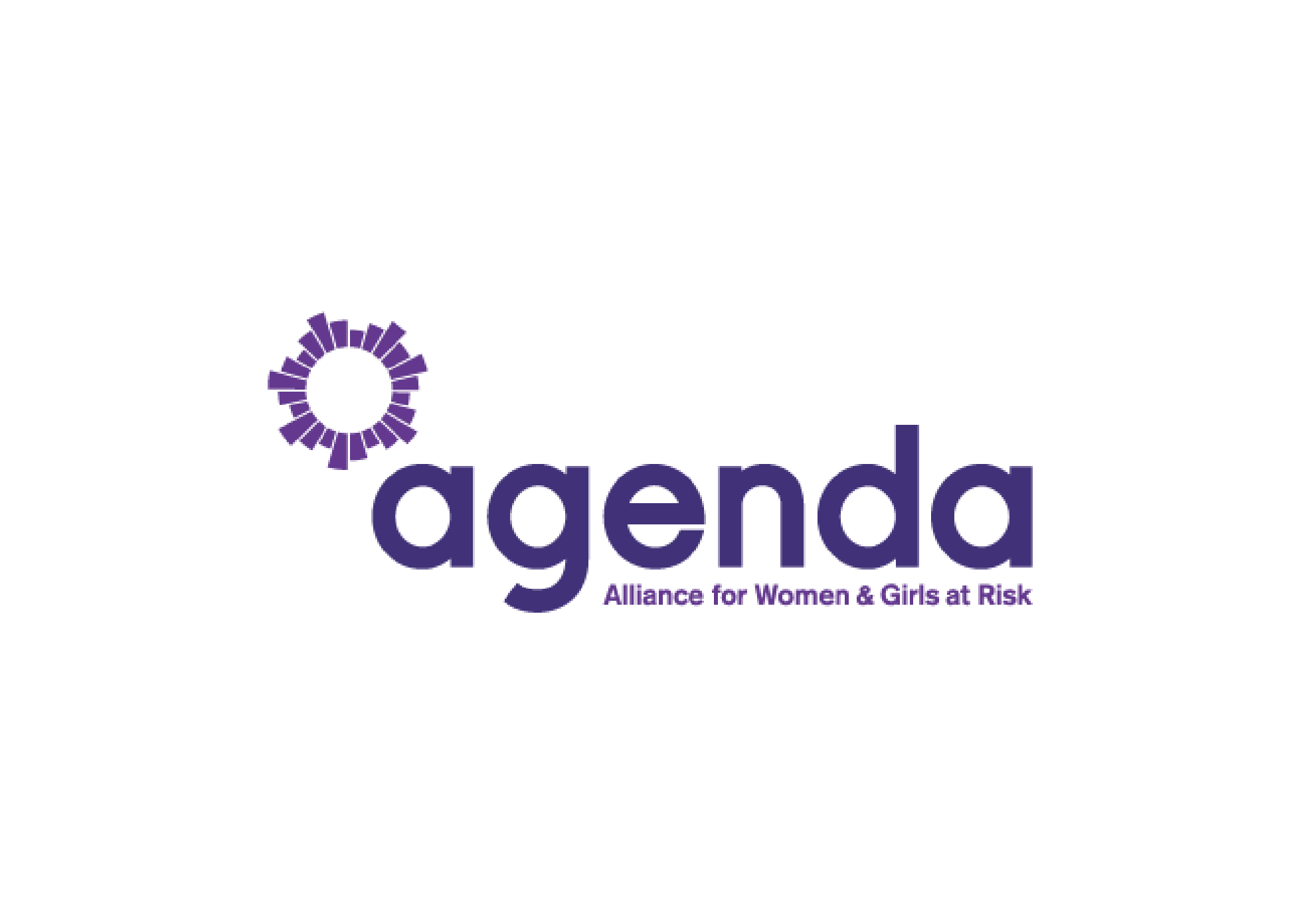Agenda
Agenda, the alliance for women and girls at risk, was founded to ensure that women and girls at risk of abuse, poverty, poor mental health, addiction, offending and homelessness get the support and protection they need.
Agenda, the alliance for women and girls at risk, was founded to ensure that women and girls at risk of abuse, poverty, poor mental health, addiction, offending and homelessness get the support and protection they need.

About our organisation/network
We campaign for systems and services to be transformed; to raise awareness across sectors; and to promote public and political understanding of the lives of women and girls facing multiple disadvantage. We were brought together by a group of trusts, foundations and charities in 2015, and become an independent charity in 2018. Our inception built on work started with Baroness Corston’s 2007 report into women in the criminal justice system. We work with and through our broad alliance of 100+ members across England and Wales, bringing together large national charities and small local organisations spanning a range of specialisms. All our work is rooted in best practice and informed by the expertise of those with both lived and learnt expertise.
The change we want to see
Agenda exists to shine a light on the experiences of women and girls facing multiple disadvantage, making an evidence-based case for upstream, holistic, trauma-informed approaches that make a significant difference to women and girls lives. We are working towards: · Concerted action to address, challenge and change gender and other structural inequalities, leading to long-term social and systemic change that recognises the gendered nature of disadvantage for women and girls. · Positive changes to policy-making and service provision, improving sector responses and joining up fragmented approaches to build a fairer future for women and girls at risk. · Improved attitudes towards women and girls at risk, reducing the stigma they face, ensuring their experiences are understood, and empowering women and girls to take an active role in advocating for change and advancing solutions. · Developing a strong, compelling evidence base for key audiences, on the nature of disadvantage, gender and trauma-informed approaches and effective policy, service and system responses.
Get our weekly newsletter including stories, Publications, events and community
Join our mailing list to receive updates about Lankelly Chase Foundation and our partners work, including the regular newsletter and information on funding opportunities, programme updates, new research and publications, event invites and the occasional requests to take part in research or surveys – based on your interests.
You can unsubscribe by clicking the link in our emails where indicated, or emailing enquiries@lankellychase.org.uk. We promise to keep your details safe and secure. We won’t share your details outside of Lankelly Chase without your permission. Find out more about how we use personal information in our Privacy Policy.